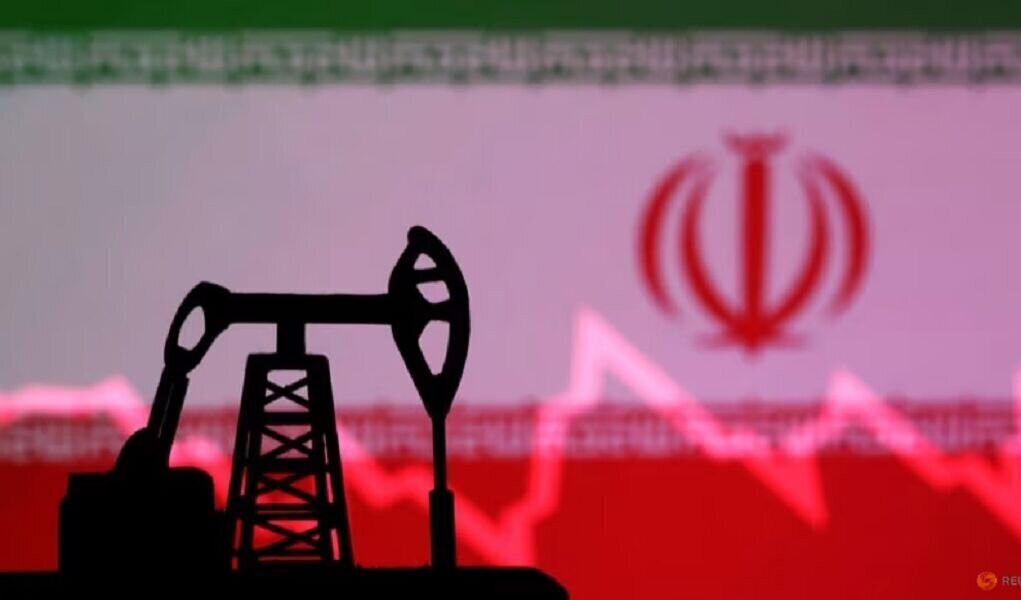U.S. strike on Iran spotlights Iranian critical role in global energy markets

TEHRAN – The recent U.S. strike on Iran’s nuclear facilities, which Donald Trump hailed as a “glorious military success,” has once again highlighted the country’s vital role in the global oil and gas markets. Given Iran’s vast energy reserves and strategic location, any disruption or escalation could sharply drive up energy prices and destabilize international markets.
According to the Oil Ministry, the U.S. attack significantly shook global energy markets, reviving fears of a sharp oil price spike. But beyond short-term volatility, the incident reaffirmed Iran’s position as a key player in the global energy supply chain.
As a founding member of the Organization of the Petroleum Exporting Countries (OPEC) and a major force in the Gas Exporting Countries Forum (GECF), Iran plays an essential role in meeting global energy demand. The world's continued reliance on fossil fuels only deepens the importance of Iran’s presence in these markets.
Strategic positioning and geopolitical leverage
Iran holds the world’s second-largest oil and gas reserves and occupies a geopolitically critical location, particularly due to its control over the Strait of Hormuz. This key waterway facilitates the transit of roughly 20 percent of the world’s oil exports, and any disruption could cause severe price surges and global market instability.
Following the U.S. strike, analysts warned of potential scenarios involving further market turmoil. Oxford Economics said that if Iranian oil exports were halted or the Strait of Hormuz closed, Brent crude prices could soar to $130 per barrel—posing a significant inflationary risk and threatening global economic growth.
Iran: A trusted energy partner
Despite broad sanctions and sustained economic pressure, Iran has consistently advocated for market stability and played a constructive role in OPEC negotiations aimed at ensuring fair pricing and steady supply. Its long-held stance is that balanced markets benefit all stakeholders.
In addition to its oil resources, Iran is among the top holders of natural gas reserves globally. With the removal of sanctions and renewed foreign investment, Iranian gas could play a key role in diversifying global supply and enhancing regional and global energy security.
Global engagement with Iran is inevitable
The notion that sanctions or military action can eliminate Iran’s role in energy markets is unrealistic. In fact, geopolitical tensions only underscore the country's significance. Long-term energy stability and the mitigation of economic risks from price shocks require Iran’s active participation in international negotiations and policymaking.
Past crises in the West Asia have shown that markets eventually stabilize with the return of major producers like Iran to the supply chain. Maximum pressure strategies and exclusionary policies have consistently proven counterproductive, often exacerbating global economic vulnerabilities.
The path forward: cooperation and stability
With global energy demand—particularly in Asia—rising steadily, the international community must acknowledge that market security and energy stability are unattainable without Iranian cooperation. Ensuring safe energy corridors, lifting sanctions, enabling investment in Iran’s energy infrastructure, and strengthening multilateral diplomacy through OPEC and GECF are critical to safeguarding global supply.
In a world still reliant on fossil fuels, Iran is not a threat, but an indispensable and irreplaceable partner in energy security. Simply put, it is in the world’s interest that Iran remains stable.
EF/MA
Leave a Comment